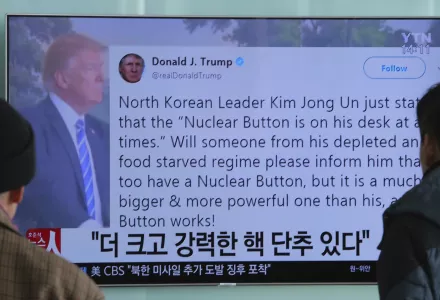
Abstract
According to the "Madman Theory" outlined by Daniel Ellsberg and Thomas C. Schelling, and embraced by Presidents Richard Nixon and Donald Trump, being perceived as mad can help make seemingly incredible threats—such as starting a nuclear war—more credible. However, recent research has largely concluded that the Madman Theory does not work. In this study, I theorize that the international benefits of the Madman Theory have been underestimated, but also that there are significant domestic barriers associated with adopting such a strategy that undermine its effectiveness. Through a series of five novel survey experiments, I find evidence that perceived madness provides limited advantages in coercive bargaining vis-à-vis foreign adversaries, but it also entails significant domestic costs that potentially erode its efficacy. Overall, this study provides clearer support for the Madman Theory than most previous literature has found, but also breaks new theoretical ground by analyzing the domestic politics of perceived madness.
Schwartz, Joshua A. "Madman or Mad Genius? The International Benefits and Domestic Costs of the Madman Strategy." Security Studies, (2023).
The full text of this publication is available via Security Studies.



